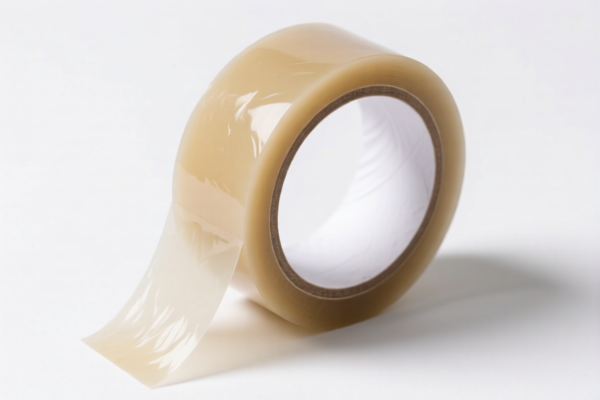| HS Code | Official Doc | Tariff Rate | Origin | Destination | Effective Date |
|---|---|---|---|---|---|
| 5609004000 | Doc | 58.9% | CN | US | 2025-05-12 |
| 5405006000 | Doc | 60.8% | CN | US | 2025-05-12 |




Okay, let's break down the classification and duty information for your declared goods, "SEAM TAPE". Based on the provided data, here's a detailed analysis:
Understanding the HS Codes & Potential Classifications
The Harmonized System (HS) code is a globally standardized system of names and numbers to classify traded products. Here's a breakdown of the codes you've received, and what they suggest about your "SEAM TAPE":
- 5404/5405 (Textile Fabrics & Articles of Yarn/Strip): These codes indicate the possibility that your seam tape is made from textile fabrics or yarn. The specific subheadings (like 5404/5405 "otherwise impregnated, coated or covered") suggest it might have a coating or treatment applied.
- 5609.00.40.00 (Articles of yarn, strip, twine, cordage, rope or cables): This code is more specific. It points to seam tape being considered a manufactured article made from yarn or strip. The "not elsewhere specified or included" part means it doesn't fit neatly into other more defined categories within the yarn/strip section.
- 5405.00.60.00 (Artificial monofilament & strip of artificial textile materials): This code suggests your seam tape could be made of artificial materials, specifically monofilament (single strand) or strip, and is likely a synthetic product.
Detailed Breakdown of Each Code & Duty Implications
Let's look at each code individually, with duty information:
-
5404/5405 (Textile Fabrics otherwise impregnated, coated or covered):
- Meaning: This is a broad category. The key here is the "otherwise impregnated, coated or covered" part. If your seam tape has a coating (like a waterproof layer, adhesive, etc.), this could be a relevant classification.
- Duty: Duty rates will vary significantly based on the specific fabric type (cotton, polyester, etc.) and the coating material. You'll need to determine the exact composition to get an accurate rate.
- Action Needed: Provide the exact fabric composition and coating details.
-
5609.00.40.00 (Articles of yarn, strip, twine, cordage, rope or cables):
- Meaning: This code is for manufactured articles made from yarn or strip. It's often used for items like narrow fabrics, tapes, cords, and similar products.
- Duty:
- Basic Duty: 3.9%
- Additional Duty: 25.0% (until April 1, 2025)
- Additional Duty (after April 1, 2025): 30.0%
- Total Duty: 58.9%
- Important Note: This code is likely the most applicable if your seam tape is primarily a finished article made from woven or knitted yarn/strip.
-
5405.00.60.00 (Artificial monofilament & strip of artificial textile materials):
- Meaning: This code is for seam tape made of artificial (synthetic) materials, specifically monofilament or narrow strip.
- Duty:
- Basic Duty: 5.8%
- Additional Duty: 25.0% (until April 1, 2025)
- Additional Duty (after April 1, 2025): 30.0%
- Total Duty: 60.8%
- Important Note: This code is likely the most applicable if your seam tape is made of synthetic materials like polyester or nylon.
Recommendations & Next Steps
- Material Composition is Key: The most important factor in determining the correct HS code is the material composition of your seam tape. Is it natural fiber (cotton, silk), synthetic fiber (polyester, nylon), or a blend?
- Coating/Treatment: Does your seam tape have any coating or treatment applied (waterproof, adhesive, etc.)?
- Width: What is the width of the seam tape?
- Intended Use: While not always critical, knowing the intended use of the seam tape can sometimes help clarify classification.
- Single Price: Please provide the single price of the goods.
- Certification: Depending on the final HS code, you may need to provide specific certifications (e.g., fiber content certificates, origin certificates).
Disclaimer: I am an AI assistant and cannot provide definitive customs classification advice. This information is for general guidance only. You should always consult with a qualified customs broker or import specialist to ensure accurate classification and compliance with all applicable regulations.
Customer Reviews
No reviews yet.